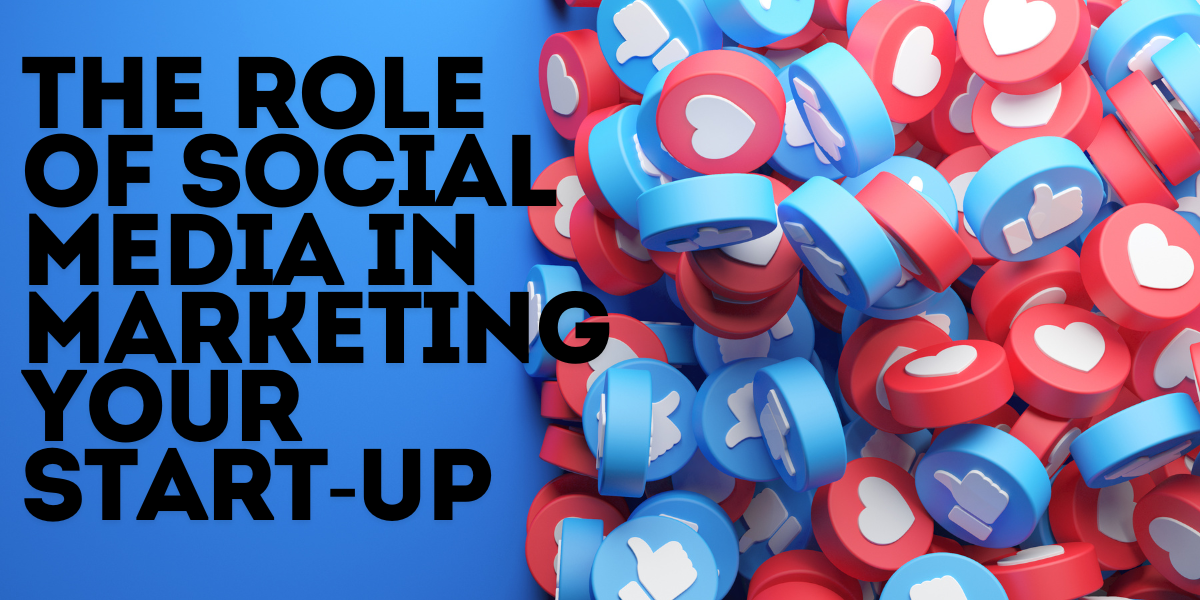In recent years, a new breed of companies has emerged in the retail industry, challenging the traditional distribution channels that have been in place for decades. These companies, known as direct-to-consumer (D2C) brands, are bypassing the middleman and selling their products directly to consumers through their websites, social media, and other digital channels. This disruptive business model is changing the way consumers shop and is forcing traditional retailers to adapt or risk being left behind.
The rise of D2C brands can be attributed to several factors. Firstly, the proliferation of e-commerce and the increasing prevalence of smartphones and other connected devices has made it easier for consumers to shop online and have products delivered directly to their doorsteps. Secondly, advances in technology and logistics have made it more cost-effective for D2C brands to fulfill orders quickly and efficiently, without the need for a physical storefront.
Another factor driving the growth of D2C brands is the increasing demand for personalized and convenient shopping experiences. By collecting data on consumer preferences and behaviors, D2C brands can offer highly targeted and relevant products, as well as seamless and convenient shopping experiences that traditional retailers may find difficult to match.
The impact of D2C brands on the retail industry has been significant. According to a report by McKinsey, D2C sales in the US are expected to reach $13.7 billion in 2021, up from $5.2 billion in 2017. This represents a compound annual growth rate (CAGR) of 32%, which is more than double the growth rate of traditional retail sales.
One of the most notable examples of a successful D2C brand is Dollar Shave Club, which was founded in 2011 and acquired by Unilever for $1 billion in 2016. The company’s subscription-based model, which delivers razors and other grooming products directly to consumers regularly, has disrupted the traditional razor industry and forced established players like Gillette to adapt.
Another successful D2C brand is Warby Parker, which was founded in 2010 and has disrupted the eyewear industry by offering high-quality glasses at a fraction of the cost of traditional retailers. The company’s innovative business model, which includes a home try-on program and a virtual try-on tool, has helped it to build a loyal customer base and achieve significant growth.
The success of D2C brands has not gone unnoticed by traditional retailers, many of whom are now experimenting with D2C models of their own. Walmart, for example, has launched its own D2C brand, called MoDRN, which offers a curated selection of women’s clothing and accessories. Target has also launched a D2C brand, called A New Day, which offers a range of women’s clothing and accessories at affordable prices.
The rise of D2C brands has also led to increased competition and consolidation in the retail industry. In 2019, for example, Macy’s announced that it would be closing 125 stores and laying off 2,000 employees as part of a restructuring plan aimed at adapting to the changing retail landscape. Other traditional retailers, such as Sears and JCPenney, have also struggled in recent years, as they have failed to keep pace with the changing consumer preferences and the rise of D2C brands.
In conclusion, the rise of D2C brands is a clear sign of the changing retail landscape, as consumers increasingly demand personalized, convenient, and cost-effective shopping experiences. While traditional retailers have historically relied on physical storefronts and traditional distribution channels, D2C brands are disrupting this model by selling directly to consumers through their own websites and digital channels. As the retail industry continues to evolve, it will be important for traditional retailers to adapt and find new ways to compete with the growing number of D2C brands.













